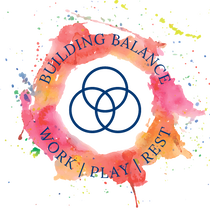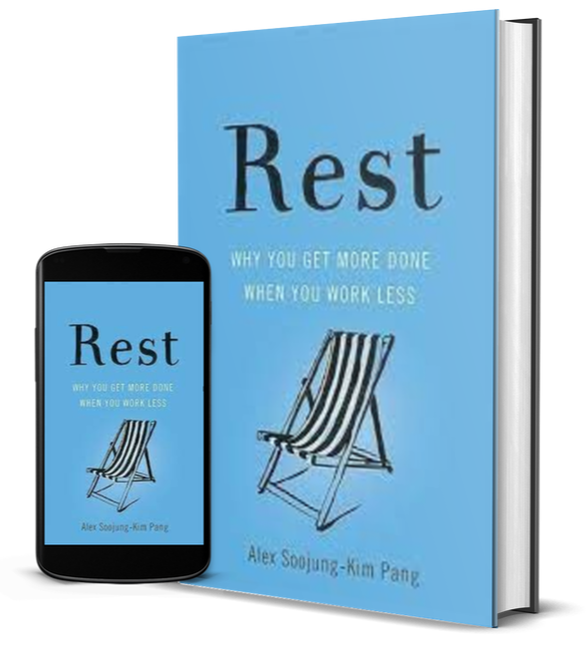Building Balance
Welcome to Building Balance! I’m an early-career physics professor and advocate for work-life balance and mental health. I learned the hard way in graduate school that if I didn’t create my own boundaries and find balance in my life, the world would take advantage of that. Now, I pass those lessons on to other knowledge workers who feel besieged by our era of constant connectivity and proscriptive passion.
You can sign up for regular updates by subscribing to my newsletter. I try to post monthly with a tip, a resource, or a book review, and my newsletter will notify you when those are published.
You can sign up for regular updates by subscribing to my newsletter. I try to post monthly with a tip, a resource, or a book review, and my newsletter will notify you when those are published.
|
Want to support my work on Building Balance?
Buy me a coffee! |
I also offer workshops on work-life balance for knowledge workers.
|





 RSS Feed
RSS Feed
